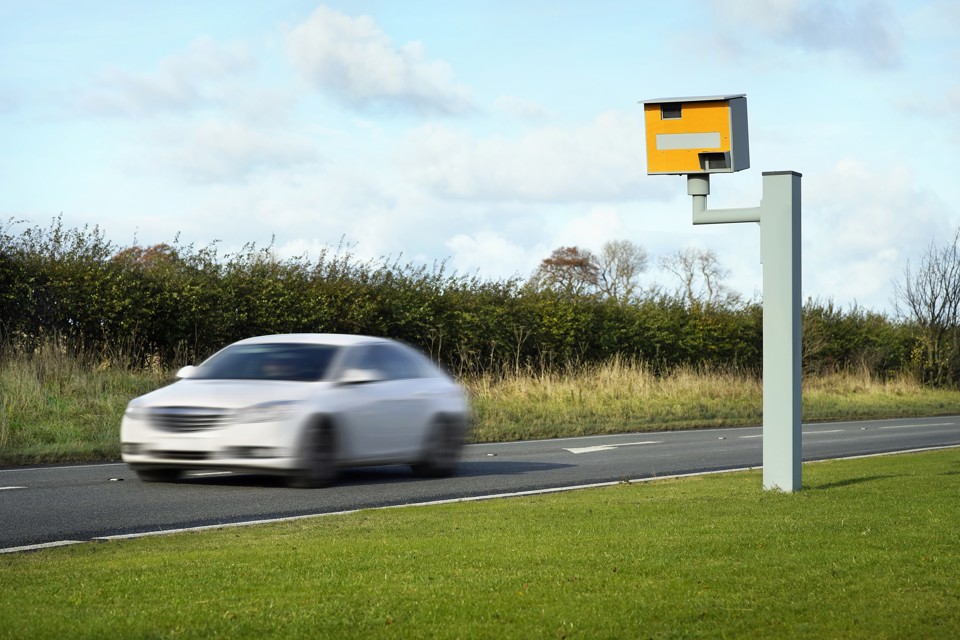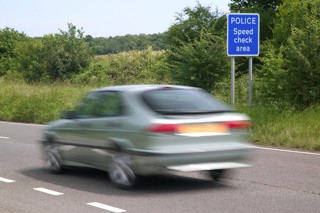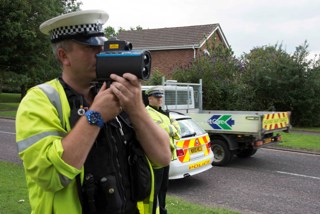Driver offender rehabilitation courses, such as the Speed Awareness Course, may be permanently held online, following successful delivery during the coronavirus lockdown.
TTC Group, the UK’s largest provider of UK Road Offender Education (UKROEd) accredited courses, says support for virtual courses continues to gain traction from all stakeholders.
The benefits of holding courses online include; availability, time saved and reduced travel requirements.
Virtual classrooms have also given rise to specific benefits for special populations – individuals overseas, those in rural areas and, more specifically, TTC Group hosted a course dedicated to the hard of hearing.
Sharon Haynes, TTC Group’s client services director, said: “It’s all about making a positive difference, whether that is by creating safer motorists or by addressing key social issues in the areas we operate in.
“Online or in person these rehabilitation programmes can have a positive, life changing influence on people and it is so important to offer as many people as possible convenient access to them.
“The move to virtual classrooms continues to prove a major success and we look forward to understanding more of the impact of this in the near future.”
During the pandemic, TTC Group switched to virtual courses and transferred all pre-booked ‘physical’ National Driver Offender Retraining Scheme course attendees to a digital solution
Haynes added: “This really did change the face of the driver offender rehabilitation programme and acts as a great template to consider what we can do in association with UKROEd moving ahead to benefit all key stakeholders from individual drivers, police forces, other road users and employers alike.
“However, there is still much work to be done behind the scenes and we are working alongside UKROEd to ensure the emerging benefits are supported by key data insights.”
Courses currently available in digital classroom format include: National Speed Awareness Course; National Motorway Awareness; Safe and Considerate Driving; and What's Driving Us?
Lockdown speeding increase
Easy access to courses remains key while social distancing measures are in place across the UK, with demand remaining strong as speeding and other motoring offences continue to rise.
Motorists were speeding three times more frequently during lockdown compared to normal, according to analysis by telematics firm AX.
It found serious speeding events – the most severe category of excessive speed – occurred every 136 miles on average in April, compared to every 443 miles in February.
Major speeding events were also significantly more frequent, taking place on average once every 32 miles in April, down from every 94 miles in February.
It wasn’t just a case of motorists covering shorter journeys either, with major speeding events occurring on average once every 4.3 trips in April compared to every 9.8 trips two months earlier.
Van drivers proved to be much more obedient than car drivers, with telematics devices detecting major incidents twice as often as normal compared to four times as frequently for car drivers.
Director of Investigative Services at AX, Neil Thomas, said: “It’s fascinating to see how driver behaviour has been influenced by the impacts of COVID-19.
“Whether it was simply down to reduced traffic levels during lockdown or perhaps drivers assuming police forces had bigger priorities, the data shows that given the opportunity, many drivers are clearly willing to speed and quite often significantly so.”























Login to comment
Comments
No comments have been made yet.